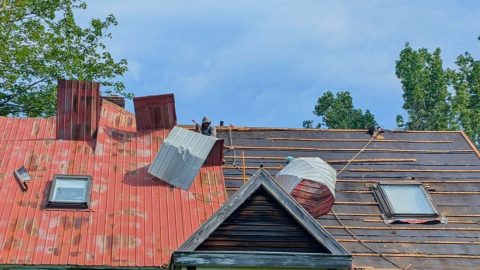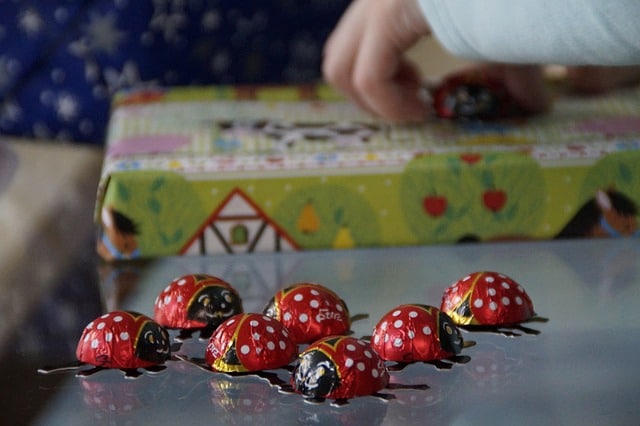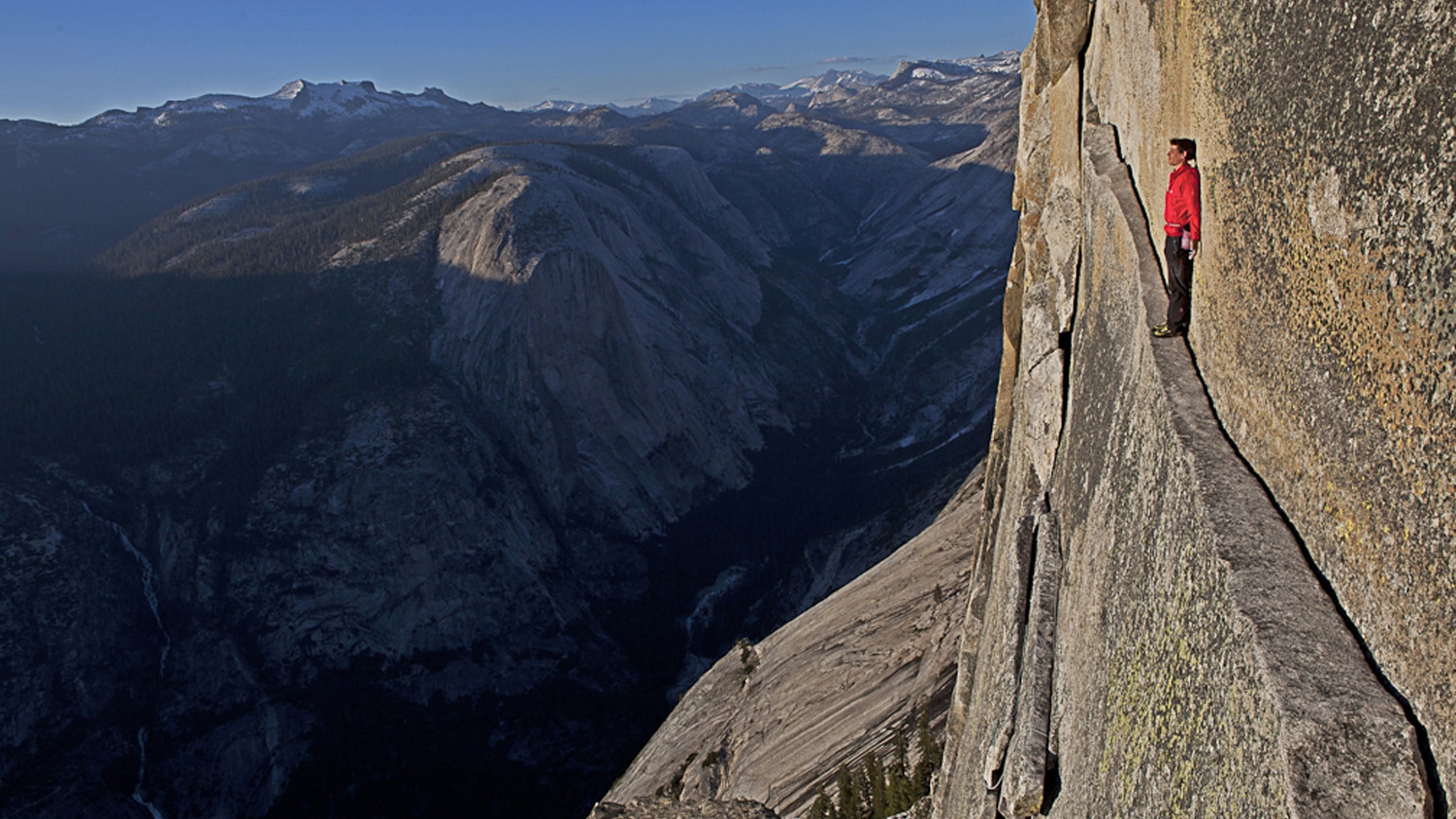
In his article he stated, “For years the prevailing approach to trauma was to ‘talk about the incident until you are healed.’ I believe the most effective intervention is to teach people to learn from trauma experience as you would from any life experience. To constantly go over the incident is counter productive – people need tools to help them get on with their lives.”

According to Lilienfeld, certain methods . . .
of “critical incident stress debriefing,” a technique often used by counselors who travel to disaster sites, can actually increase the likelihood that victims will will suffer post-traumatic stress disorder (PTSD).
As we consider the tragic situation in Japan today, Lillienfeld says that we have to respect Japanese culture. The Japanese tend to be more group oriented, more collectively focused than Americans. This can actually be a positive force in the healing process.
I wouldn’t worry too much about PTSD,
says Lillienfeld. “I would focus instead on practical things that are most likely to help. I’d try to harness community togetherness to the extent that they can, work to put people in touch with each other, give them the chance to talk with their neighbors. There are lots of studies, a very consistent literature, showing that in the face of stress or trauma, social support is a powerful predictor of positive outcomes.”
Lillienfeld also makes reference to the value of distraction, one of the principles central to the work of Japanese
Psychiatrist Shoma Morita, M.D. Helping people to learn how to shift their attention to useful activity like cooking, gardening or repairs can be of great value.
It serves as a method of temporary relief from the pressing thoughts and feelings that seem to arise constantly when we get lost in our own mental activity.
In the aftermath of any disaster or crisis, most of the counseling that takes place is not provided by therapists, but by family members, friends, ministers and doctors. There is no magic one can offer somebody who has gone through a devastating event and now has to face the loss of family members, friends and homes.
It is a shock to realize that the life you once knew is no longer possible. Time may be the best medicine in such situations. Sometimes just being with someone, listening, caring and offering practical support is the best thing you can do.
You can read the full text of the Lillienfeld interview in Time Magazine here.
The ToDo Institute provides training and education in methods of Japanese Psychology such as Morita Therapy and Naikan.
Storm Clouds: Photo by NASA, https://www.flickr.com/photos/nasa2explore/14088550263/in/set-72157634179653666
Man Cooking: Photo by Nicu Buculei
Tags: Crisis Professional Members













